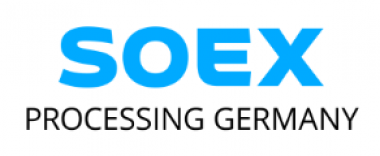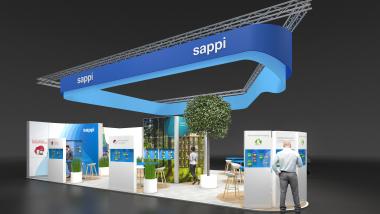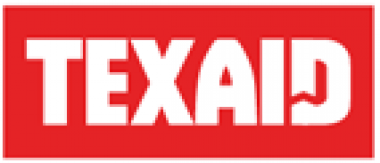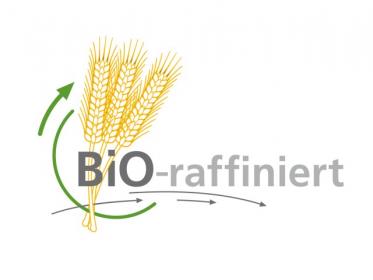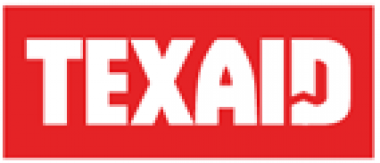I:CO: Rücknahmeprogramm mit Jack & Jones für getragene Kleidung und Schuhe
Zusammen mit der dänischen Modemarke für Herrenbekleidung sammelt I:CO künftig im Rahmen des Take-Back-Systems getragene Kleidung und Schuhe. Kunden können seit Anfang August markenunabhängig ihre aussortierte Kleidung und Schuhe in deutschen Jack & Jones Filialen abgeben. Der Vertrag über die Zusammenarbeit wurde Ende März unterzeichnet. Für I:CO ist diese Partnerschaft nach Selected Homme/Femme die zweite mit einer Marke der Bestseller-Gruppe.
In den Sortierwerken von SOEX wird jedes Kleidungsstück oder Paar Schuhe zunächst von Hand sortiert sowie nach Qualität und Zustand überprüft und später im voll automatisierten Sorting-for-Recycling für die jeweilige Weiterverarbeitung vorbereitet. Das oberste Ziel ist dabei die Langlebigkeit der Kleidung und Schuhe zur Vermeidung von CO2-Emissionen und Müll.
SOEX


